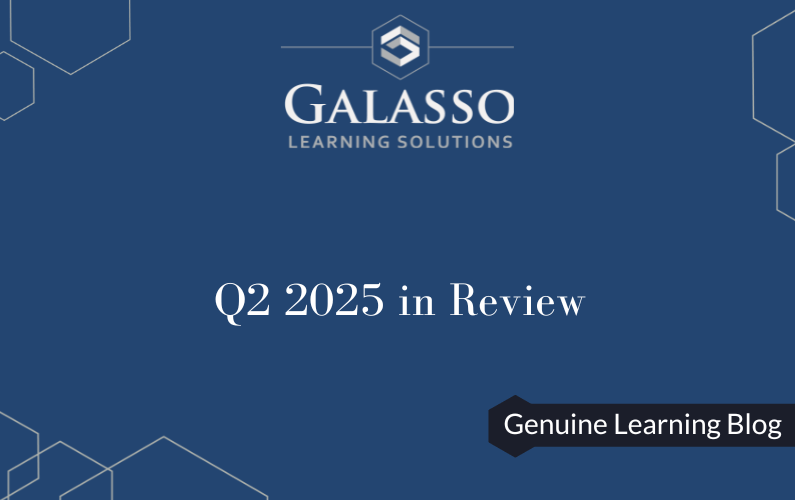
Q2 2025 in Review
This week’s blog covers the activity of the major standard setters in the second quarter of 2025. We will review the issued standards of the AICPA, FASB, and GASB with an update on what to expect next quarter.
The CPA profession is known for its high ethical standards. The ethics section will keep you up to date with changes coming from the Professional Ethics Executive Committee (PEEC) as well as other ethics standard setters of note. Be in the know as change is being discussed!

This week’s blog covers the activity of the major standard setters in the second quarter of 2025. We will review the issued standards of the AICPA, FASB, and GASB with an update on what to expect next quarter.
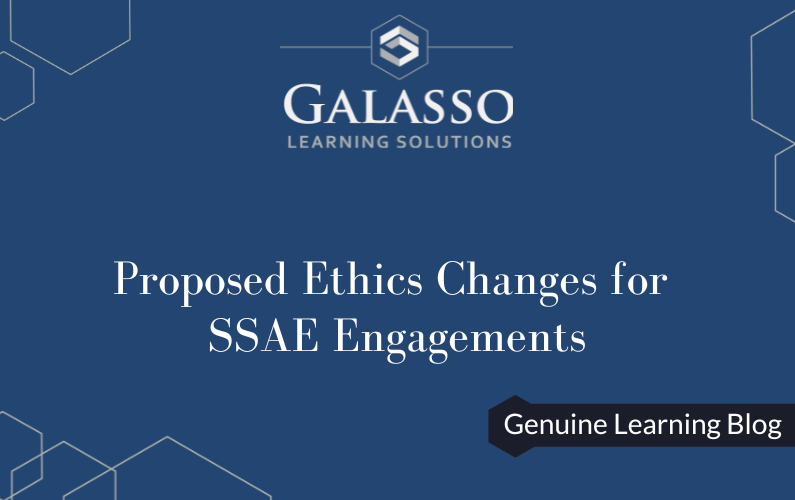
The AICPA’s PEEC has proposed targeted changes to the independence rules for SSAE engagements. By updating terminology and adding more examples, the hope is to make it easier to apply the rules to attestation engagements where the subject matter is not a financial statement. This is phase 1 of a 5 phase approach PEEC is taking. Comments are due September 5th.
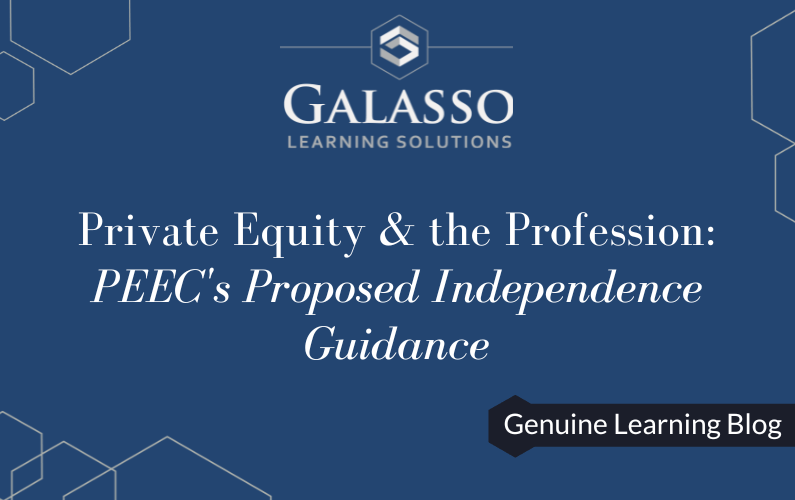
The AICPA’s Professional Ethics Executive Committee (PEEC) has issued a discussion memorandum to gather feedback on alternative practice structures, including those with private equity investments, and impacts on independence.
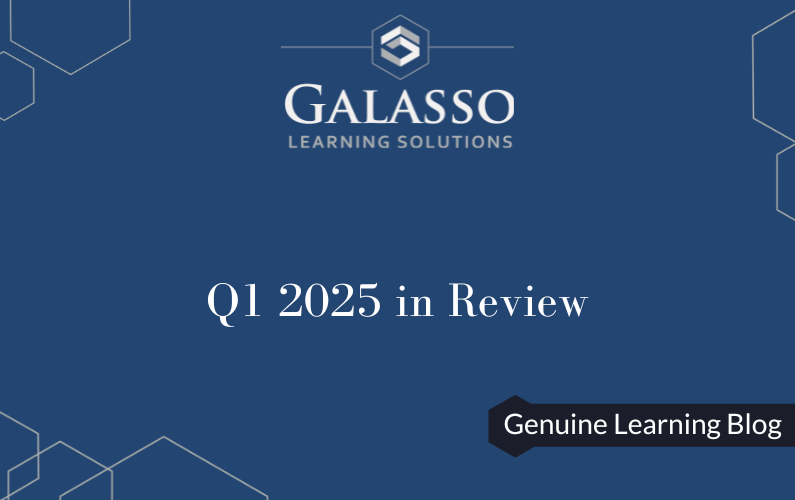
In our Q1 2025 in Review Blog, we look at the standard setting activities of the FASB, GASB and AICPA. The first quarter had a flurry of activities with promises of more standards coming down the pike. This is a great way to keep up to date during busy season without getting in the weeds!
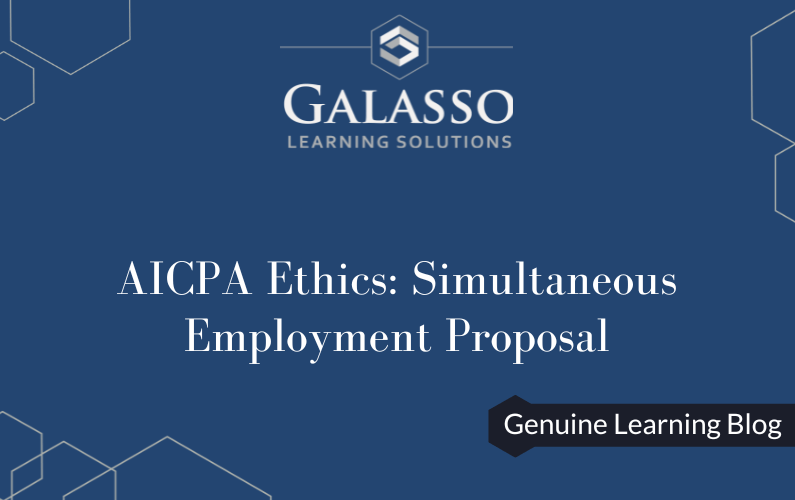
On December 16, 2024 the AICPA’s Professional Ethics Executive Committee (PEEC) issued proposed revisions related to simultaneous employment or association with an attest client. Key changes from this exposure draft include a new definition of being simultaneously employed or associated with the client, as well as the addition of a new exception to the rules for USERRA/compliance with employment laws. In addition, the proposed revised interpretation uses both a rules-based approach and a principles-based approach in making determinations regarding independence. Comments are due March 16, 2025.
FOR NONPROFITS
Money Matters for Nonprofits demystifies financial statements and basic accounting, empowering nonprofit board members to better advise their organizations and make an even greater difference in the world.
Melisa F. Galasso is the founder and CEO of Galasso Learning Solutions LLC. A CPA with nearly 20 years of experience in the accounting profession, Melisa designs and facilitates courses in advanced technical accounting and auditing topics, including not-for-profit and governmental accounting.
Her passion is providing high-quality CPE that is meaningful, creates efficiencies and improves quality, and positively impacts ROI. She also supports essential professional development, audit level training, and train the trainer efforts.
Melisa is a Certified Speaking Professional, a Certified Professional in Talent Development (CPTD), and has earned the Association for Talent Development Master Trainer™ designation. Her passion for instructional design and adult learning techniques is one of the differentiators that set her apart from other CPE providers.
She also serves on the FASB’s Not-for-Profit Advisory Committee (NAC), AICPA Council, and the AICPA’s Women’s Initiative Executive Committee (WIEC). She also serves as a Subject Matter Expert for the Center for Plain English Accounting. She previously served on the AICPA’s Technical Issues Committee (TIC), the VSCPA’s Board of Directors, and is a past Chair of the NCACPA’s A&A committee. In addition, Melisa is the author of Money Matters for Nonprofits: How Board Members Can Harness the Power of Financial Statements by Understanding Basic Accounting which is available on Amazon or anywhere you purchase books online.
Melisa received a Top 50 Women in Accounting Award in 2021 by Ignition, is a 2020 Enterprising Women of the Year Award recipient, and was honored as a “40 under 40” by CPA Practice Advisor in 2017, 2018, and 2019. She was also named the 2019 Rising Star by her regional NAWBO chapter, received the Don Farmer award for achievement in technical content instruction, and earned several other awards for public speaking and technical training.